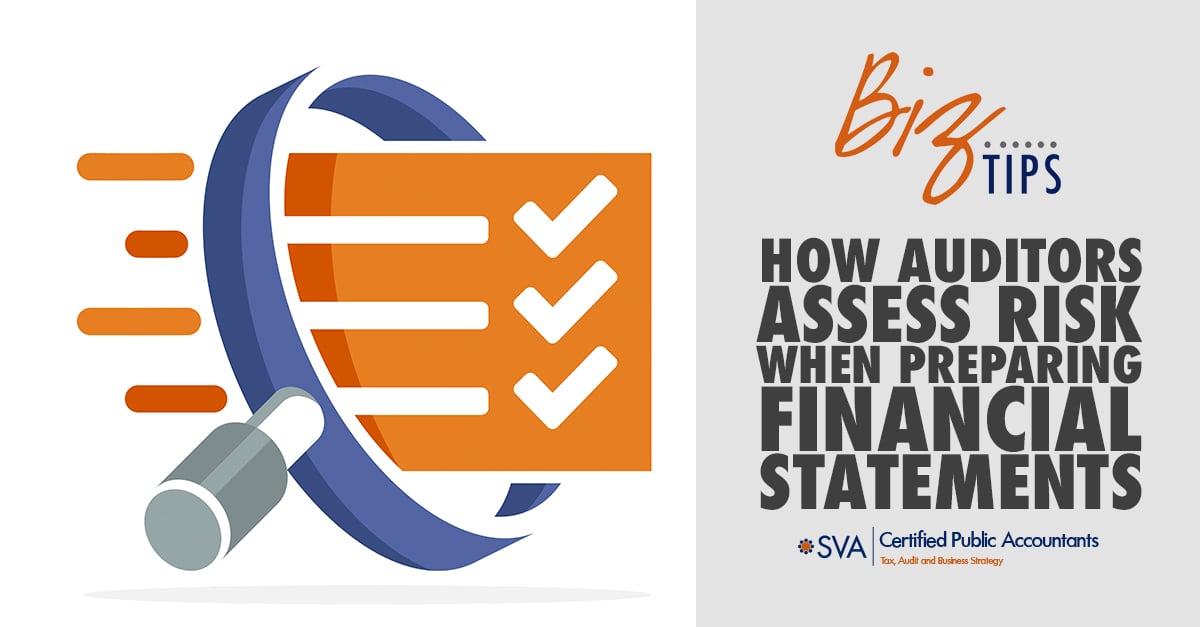Every year, your audit firm will conduct a fresh risk assessment before the start of fieldwork.
Why?
Because your auditor wants to mitigate the risk of expressing an incorrect opinion regarding the accuracy and integrity of the company’s financial statements. Inadvertently signing off on financial statements that contain material misstatements can open a Pandora’s box of risks — from shareholder lawsuits to increased regulatory oversight.
(Download Video Transcript)
3-Prong Assessment
Audit risk is a combination of three components:
1. Control Risk
Sometimes a company’s internal controls are inadequate to prevent or detect material misstatements. Control risk increases when the company fails to deploy and enforce effective internal controls, or when employees or third parties override them without the company discovering their actions.
2. Inherent Risk
This term refers to susceptibility to a material misstatement, regardless of whether the company has strong internal controls. Certain transactions and industries present greater inherent risk than others.
For example, companies operating in developing countries face a greater threat of bribery and corruption by government officials, regardless of the internal controls they put in place. Inherent risk is also greater when accounting transactions are complex or involve a high degree of judgment.
3. Detection Risk
Audit procedures are designed to uncover material misstatements. Detection risk is high when there’s a high probability that substantive audit procedures will fail to detect a material misstatement. When detection risk is elevated, the auditor might, for example, test a larger sample of transactions to mitigate audit risk.
Control risk and inherent risk stem from a company’s industry and actions. Conversely, detection risk is typically managed by the audit team.
Customized Audit Procedures
The auditor’s role is to attest to your company’s financial statements. Specifically, your audit firm assures that your financial statements are “fairly presented in all material respects, compliant with Generally Accepted Accounting Principles (GAAP) and free from material misstatement.”
Unqualified (or clean) audit opinions require detailed substantive procedures, such as confirming accounts receivable balances with customers and conducting test counts of inventory in the company’s warehouse. Generally, the more rigorous the auditor’s substantive procedures, the lower the likelihood of the audit team failing to detect a material misstatement.
Collaborative Effort
Audit season is coming soon for calendar year-end entities. Before the start of fieldwork, let’s discuss changes in your business operations, accounting methods and industry conditions, along with other factors, that could create audit risk.
We’ll adjust our audit programs accordingly to ensure that your financial statements are prepared with the highest level of quality and efficiency.

© 2018

